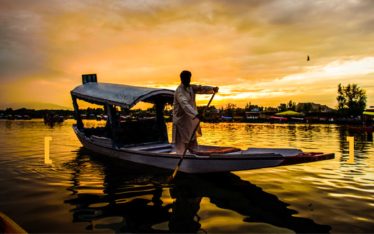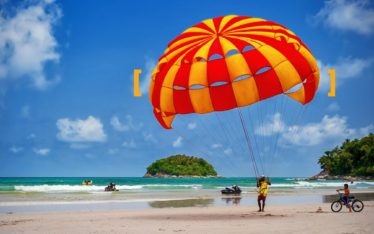

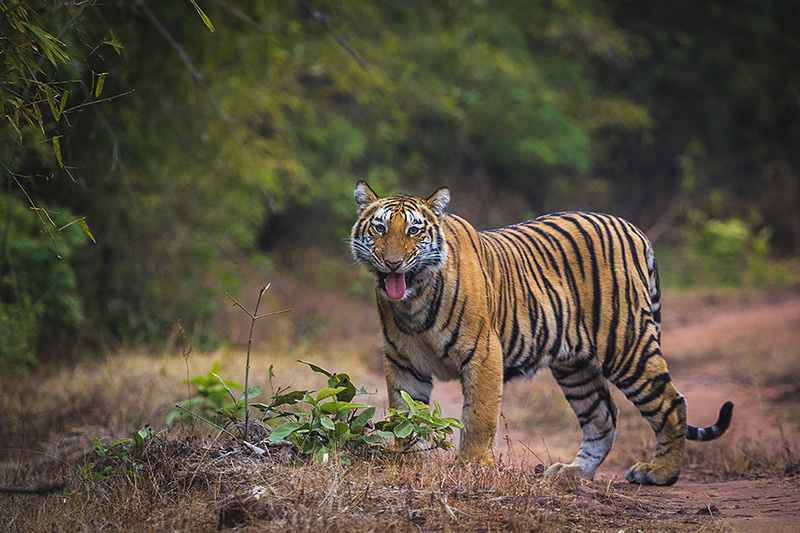
If you want to spot a tiger in all its natural grandeur, the Bandhavgarh National Park in Madhya Pradesh is the place to be. Situated in Umaria district, in the Vindhyan mountain ranges of central India, Bandhavgarh houses the highest density of tiger population in the country.
This is one of the few places on the planet where conservationists can actually relax. Bandhavgarh is that rare tiger reserve where tiger counts have actually increased. This, with a large number of tourists annually, makes it one of India’s most popular national parks spread across 105 square kilometres. The Bandhavgarh hill offers spectacular views of the surrounding terrain with splendid tiger sighting opportunities.
Did you know that Madhya Pradesh hast he distinction of housing nine national parks and 25 wildlife sanctuaries? Although Bandhavgarh is not the largest, it’s certainly the most popular. Renowned for the white tiger jungles of yore, the erstwhile hunting reserve of the royal family of Rewa was declared a national park in 1968. Spread across an area of446 sq. km, at an altitude of 800 m above sea level, Bandhavgarh – blessed with tall grasslands and thick Sal forest – is home to more than 22 species of mammals and 250 species of birds.
From wildlife enthusiasts to birders and nature lovers, Bandhavgarh National Park offers the perfect destination to unplug from the relentless stress of everyday living. Here’s what you can expect on a visit to Bandhavgarh.
The majestic tiger is, no doubt, the star attraction at Bandhavgarh National Park. There are higher chances of spotting the elusive creature at the Tala Zone in Bandhavgarh than at any other national park or wildlife sanctuary in the world.

Tiger Sighting Opportunities are at their best in Bandhavgarh
However, there’s more to the place than the mighty beast. The national park is also known for the largest breeding population of leopards and diverse species of deer.
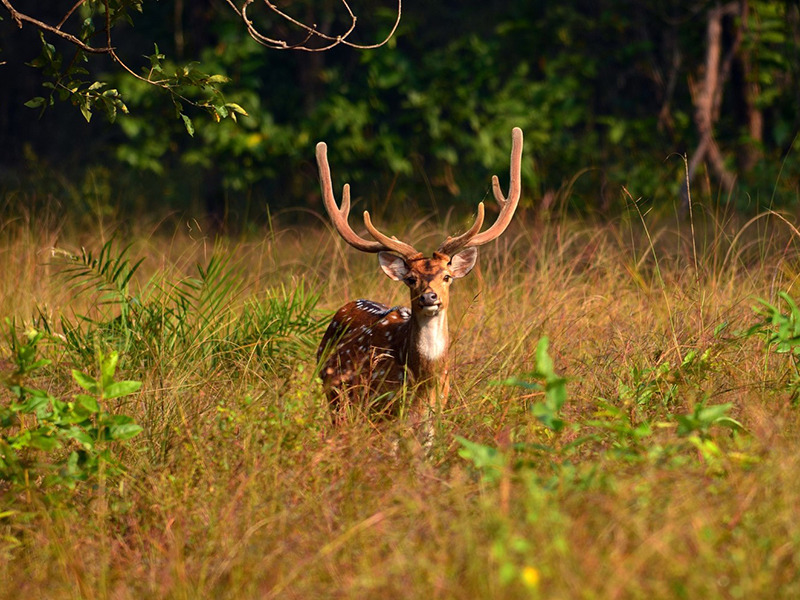
This Park is host to a variety of deer
Not to forget the other wild attractions, such as the Asiatic jackal, Bengal fox, sloth bear, Ratel, gray mongoose, striped hyena, jungle cat, Chausingha, Nilgai, Chinkara and Gaur, to name some. In terms of reptilian fauna, the park is home to the cobra, krait, viper, ratsnake, python, turtle and lizard species like the varanus.
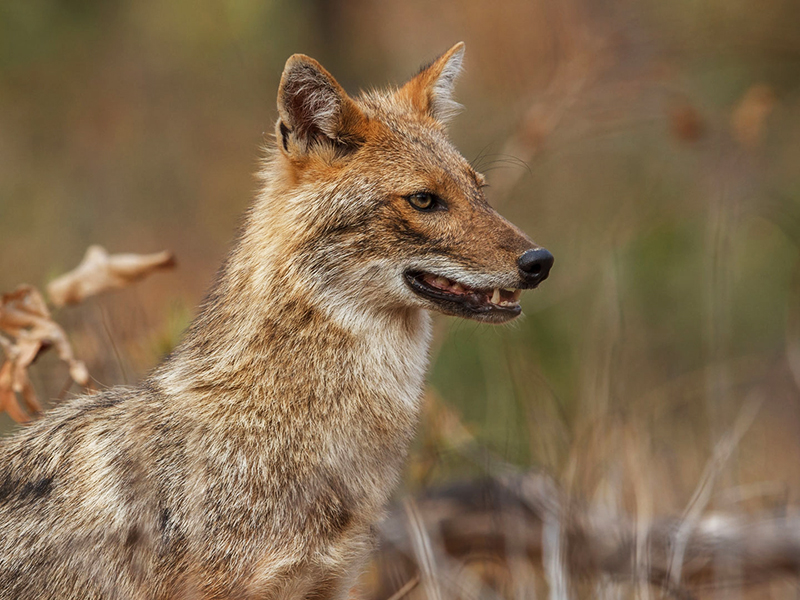
Asiatic Jackal at Bandhavgarh
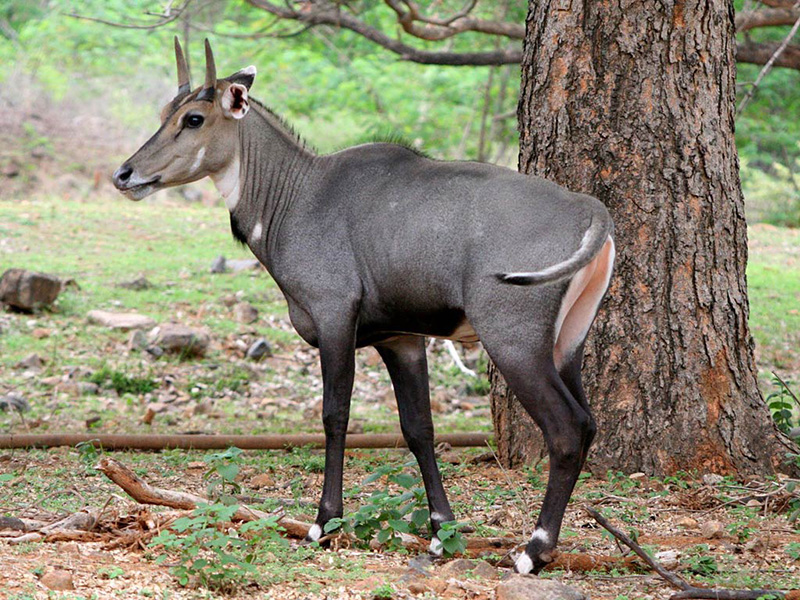
Nilgai at Bandhavgarh
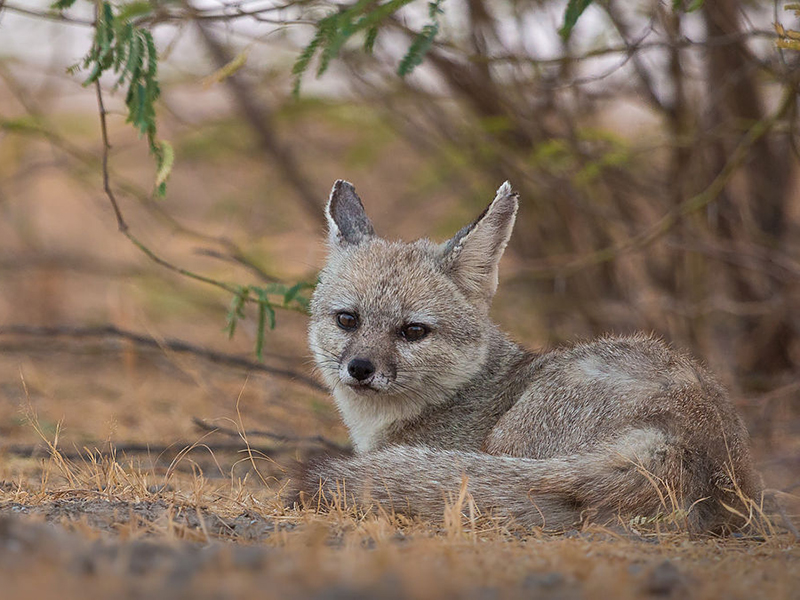
Bengal Fox at Bandhavgarh
The charm of Bandhavgarh National Park lies as much in its rich flora and beautiful landscape as it does in the exotic wildlife. Sprawling over hills, cliffs, plateaus and meadows, the region is covered with at least 300 species of flora, such as Saj, Dhaora, Amla, Palas, Salai, Jamun, Babul, Dhok, and Kadam, to name a few.
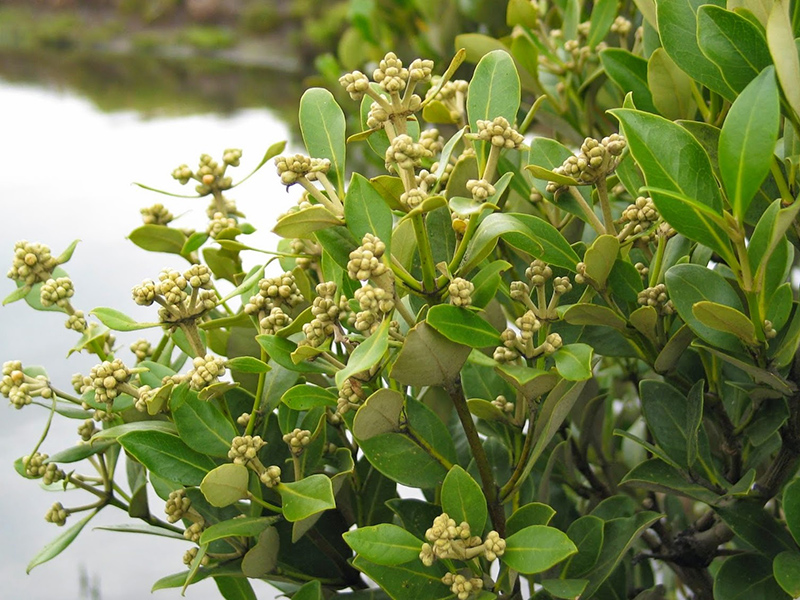
Dhaora at Bandhavgarh
The floral species easiest to recognise at the Bandhavgarh National Park are, perhaps, the Sal trees, lush grasslands and stretches of bamboo.
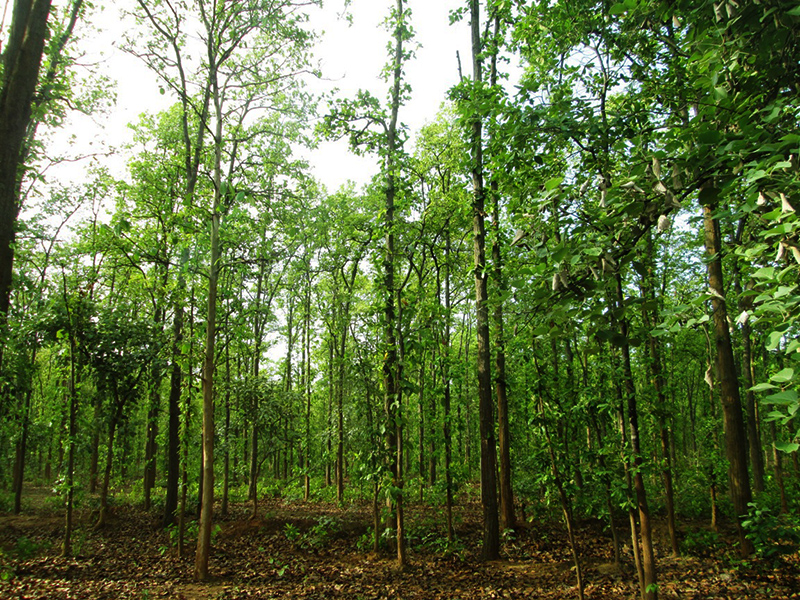
Sal Trees at Bandhavgarh
Visitors are, often, pleasantly surprised by the number of streams and rivulets that flow through the park, creating a serene and picturesque ambience. Incidentally, many of these streams finally merge into the Son River, a principal southern tributary of the Ganga.
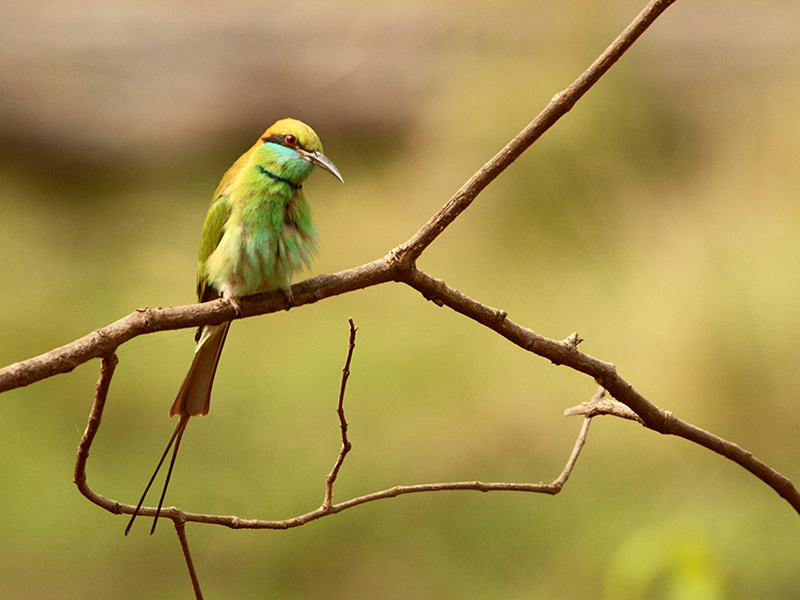
Birds at Bandhavgarh
Fancy some birdwatching? Bandhavgarh National Park is a treasure trove of rich avifauna, with 250 bird species – of which 112 are migrants.
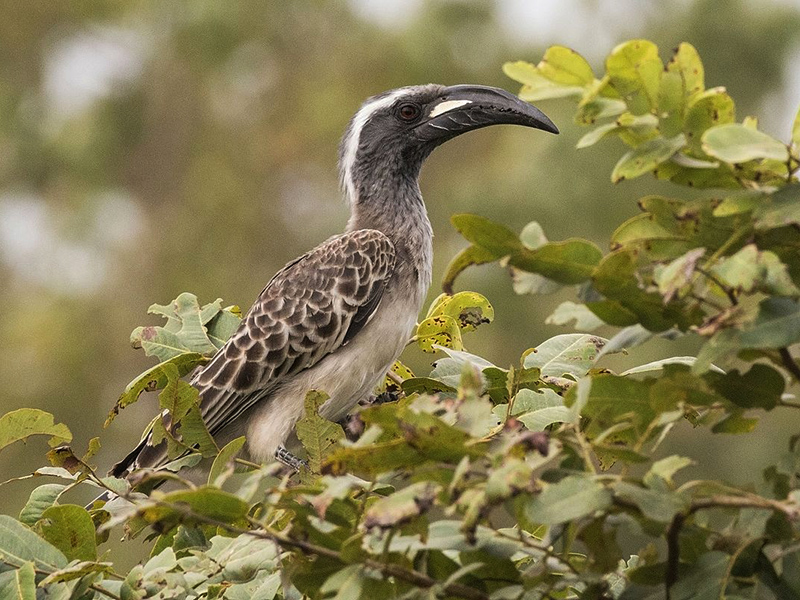
Grey Hornbill
From feathered beauties like grey hornbill, red jungle fowl and white-breasted kingfisher to rare species like steppe eagles, green pigeons and paradise flycatchers, the skies at Bandhavgarh will delight you with the sheer variety of their avian residents!
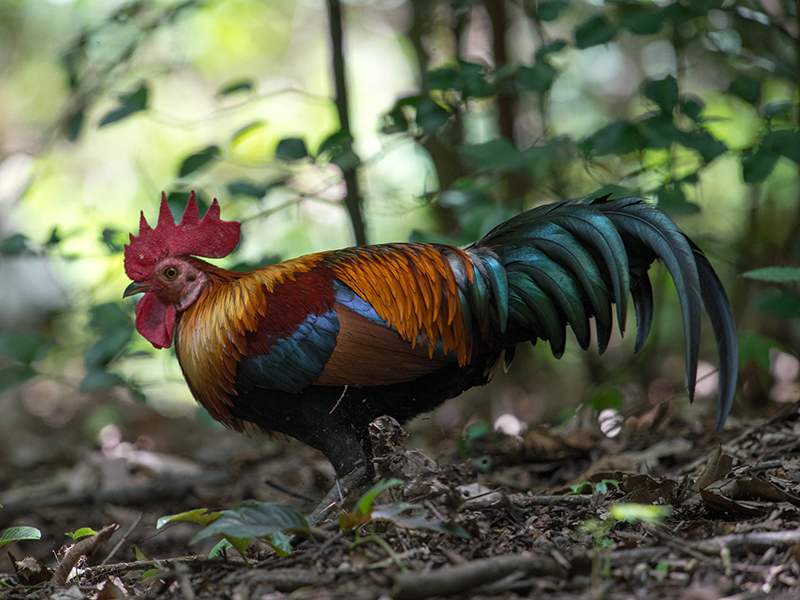
Red Jungle Fowl
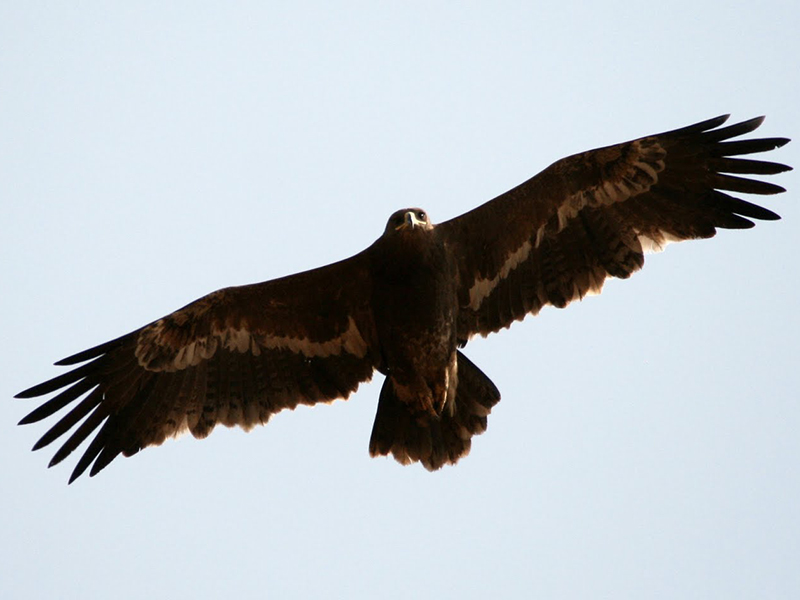
Steppe Eagles
You don’t really have to be a birder to appreciate the distinct features and colourful mannerisms of these fascinating creatures. A day at the Bandhavgarh National Park will introduce you to a whole new world of winged beauties.
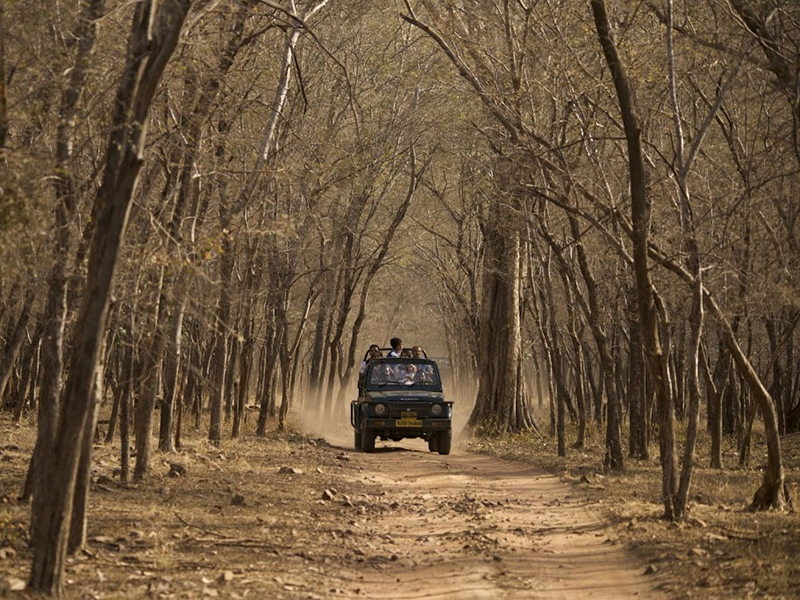
The Safari here is considered one of the best
At Bandhavgarh National Park, visitors have two safari options – Jeep Safari and Elephant Safari.While an open jeep with comfortable seating is a convenient way of exploring the fauna, flora and birds residing in the park, an elephant safari is considered to be the best way of sighting the splendid tiger.
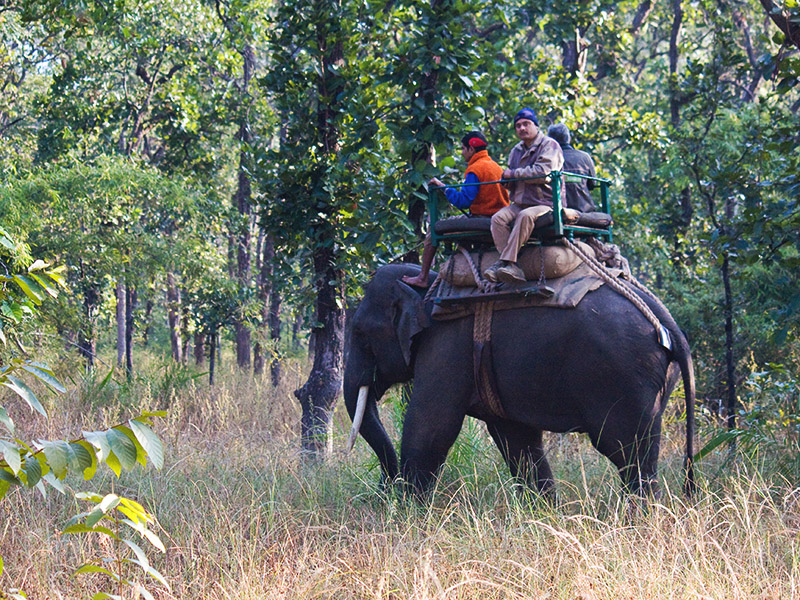
The Elephant Safari offers great views all around
The park is divided into four major zones – Tala, Magdhi, Khitauliand Panpatha. The highest chances of sighting a tiger are believed to be in the Tala zone. It’s advisable to check on the safari timings – varies according to the season – and book in advance, if possible.
To make a safari reservation, you’ll need an identity proof, like Passport, Driving License, PAN Card or Voter ID. Remember to carry the same proof in original while visiting the park.
Here are the safari timings:
| Month | Morning Safari | Evening Safari |
| 15 Oct – 15 Feb | 06:30 – 11:00 | 02:30 -05:30 |
| 16 Feb – 31 Mar | 06:00-11:00 | 03:00 – 06:00 |
| 01 Apr – 30 June | 05:30-10:00 | 04:00-07:00 |
Please note that the safari timings are subject to change at the discretion of the park management. Usually, there are no safaris on Wednesday afternoons. Also, the park is closed on certain public holidays, such as Holi.
The best time to visit Bandhavgarh National Park is from February to June. The place remains closed from July 1st to October 15th (in the monsoons) every year.
During the summer season (March-June), the temperature can go up to 44 degrees Celsius, while the winters (November-February) witness the mercury going down to 20 degrees Celsius. Irrespective of the season, when on a safari, it’s recommended to be dressed in neutral coloured clothes, such as beige, brown, or green.
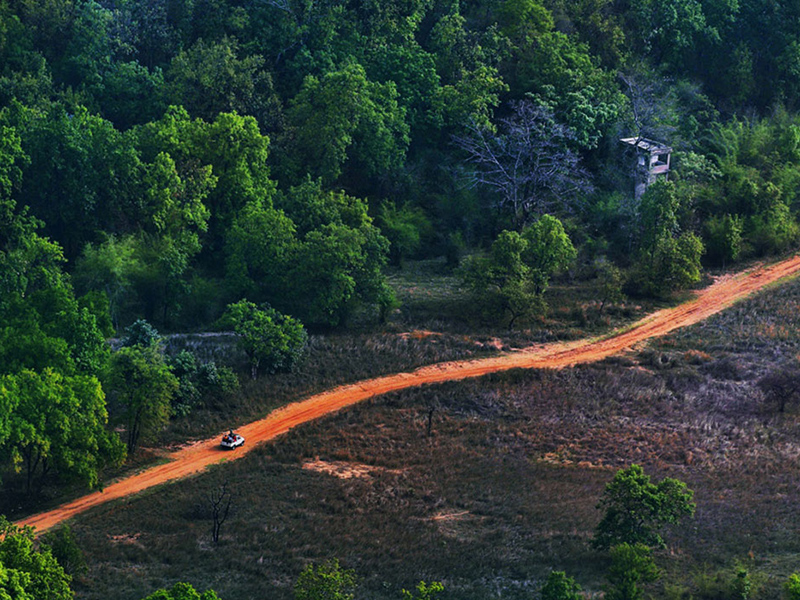
In terms of rail connectivity, the nearest railway stations from Bandhavgarh are Umaria(35 km) and Katni (100 km).
The word Bandhavgarhliterally means brother’s fort. The mythological legend goes that Lord Ram had gifted an ancient fort in the hillock of the Vindhya ranges of Umaria to his younger brother Lakshman to keep a watch on Lanka (Ceylon).
The Bandhavgarh Fort is considered to be one of the most ancient masterpieces discovered through the archaeological surveys. Till date, the fort (although in ruins) continues to unfold amazing architectural techniques and man-made caves with inscriptions and rock paintings.
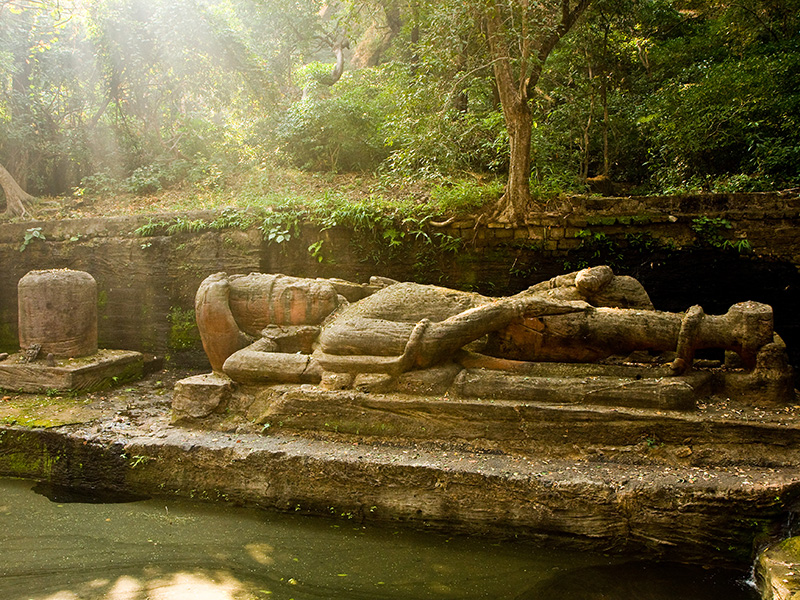
The Bandhavgarh Fort
Historically, the Baghels are believed to have ruled the Bandhavgarh region for the longest period of time. It was during their rule that the capital was shifted to Rewa and Bandhavgarh was declared a game reserve, where only the royal families were allowed to hunt. There are intriguing stories of how the kings of Rewa killed 109 tigers, of which 83 were shot in a single year by Raja Gulab Singh Baghel.
Book trips for the other experiences in India here.

